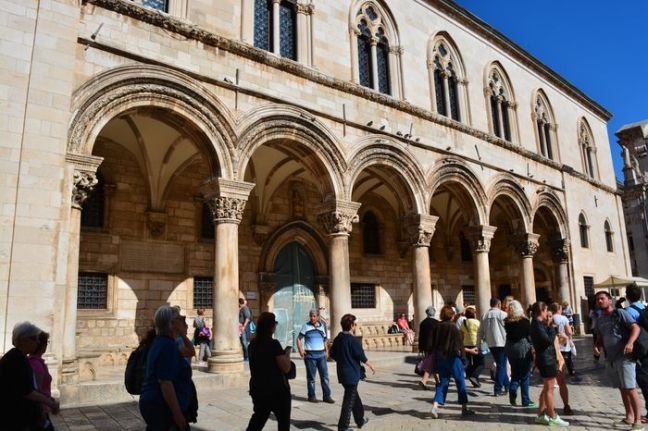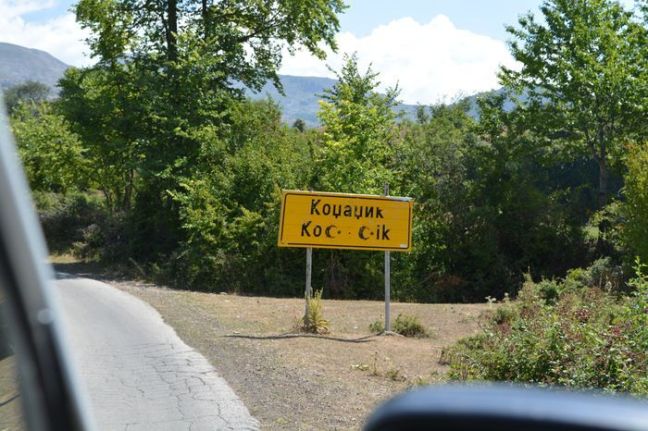“I have asked the Quaestor Rubellius, as final legal authority, and General Dacius, as a friend to both of us, to investigate certain charges that have been brought against you, Caesar Crispus,” Constantine said formally. “Are you satisfied to let them constitute a court for deciding this matter?”
“Your will is my command, Dominus.” The voice was strained and its tone hopeless.
“I am inclined to overlook one charge against you,” Constantine told him, “since you were known to be intoxicated and not in full possession of your senses.”
He saw a look of hope spring into Crispus’ eyes, only to die away when he added: “But another and graver charge has been made by an informer, a crime against the state, which I cannot ignore. Have you anything to say before Quaestor Rubellius reports to us on his investigation?”
“No, Dominus.”
“Then proceed please, Rubellius.”
The quaestor’s report was made even more damning by Dacius’ concurrence. It told of an ambitious and highly capable young man, who had been dazzled when important men among the Senate and nobles of Rome had honored him with a triumph reminiscent of the days when heroes of the Empire had been welcomed to its capital with every honor the state and the gods of Rome could bestow.
East at Ryzantium
It revealed how a carefully planned campaign of flattery and persuasion had been launched to gain Crispus’ confidence and convince him that the cause of the Empire was being poorly served by Constantine’s rumored intention to build another capital in the East at Ryzantium. And it recounted how, in the past several months since the young Caesar had come to Rome to arrange the celebration of his father’s twentieth year as Augustus, argument after argument had been marshaled to convince him that Constantine should be forced to follow the example of Diocletian and Maximian, relinquishing power at the end of the twentyyear period and placing Crispus at the head of a state divided into two parts.









